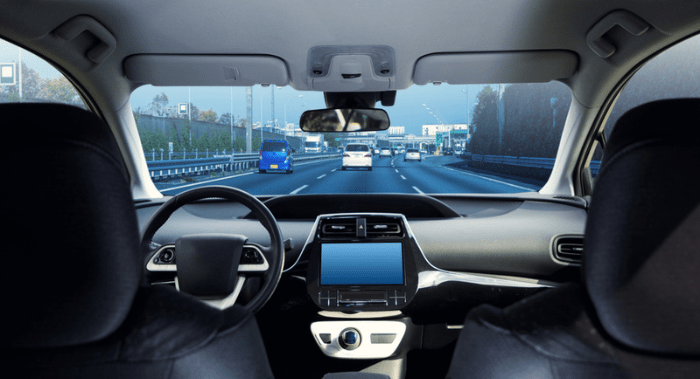Complete the form to schedule a free consultation with a traffic lawyer
How Autonomous Vehicles Could Change Traffic Law Forever

The emergence of autonomous vehicles, which we will refer to as “AVs” in this article, promises to revolutionize the way we travel. However, with this technological advancement comes a myriad of legal challenges. As AVs navigate our roads, so too must our legal system navigate the complexities they introduce. This article examines both the present and potential impacts of AVs on traffic law across the country.
1. The Regulatory Landscape: A Patchwork of Laws
Currently, traffic laws in the U.S. are largely determined at the state level. This has led to a patchwork of regulations for AVs.
For instance, while California has stringent testing and reporting requirements for AVs, other states like Texas have adopted a more laissez-faire approach. This can be seen in the number of bills passed within their respective state legislatures; 8 in the past decade in California, but only 2 in the past decade for Texas. This inconsistency poses challenges for manufacturers and developers who hope to deploy AVs on a national scale, because regulations can differ enormously from one state to another.
Could the answer be an unprecedented effort on a federal level to normalize traffic laws across all states?
2. Liability: Redefining Responsibility
Traditionally, in the event of a vehicular accident, liability often falls on the driver. But who is at fault when the “driver” is a machine? This question has spurred debates nationwide. Some states propose that liability should shift towards the manufacturers or software developers of AVs, while others believe a new form of vehicular insurance might be the answer.
In the present day, some states have not addressed the legal questions of licensing, liability, and insurance, creating yet another massive disparity between the regulatory structures of one state versus its neighbor.
3. Licensing and Training: Do We Need a Human Touch?
As AVs become more prevalent, there’s a looming question about licensing. Will individuals need a special license to operate an AV? And if so, what would the training entail? Some states are considering introducing AV-specific driving tests, while others believe existing licenses should suffice.
With the potential of a new class of license being introduced for the operation of an autonomous vehicle, a bevy of new punitive measures to prevent and punish traffic infractions must be determined as well. Will the penalties for driving under the influence, for example, be more lenient or more strict in an AV? Will license suspensions incur longer or shorter penalties?
6. Environmental and Urban Impacts: Rethinking Traffic Laws
AVs have the potential to reduce traffic congestion, lower emissions, and reshape urban landscapes. This could lead to changes in traffic laws related to speed limits, parking regulations, and even zoning laws.
A greater question then arises: if vehicles operate at predetermined speeds, which reflect the limits of their respective roads, then could we predict a future in which speeding tickets are obsolete? Without the human element involved in driving, legal statutes which have outlined the penalties for speeding infractions on public roads might become outdated.
7. The Future: A Call for Federal Oversight?
Given the nationwide implications of AV deployment, there’s a growing sentiment that federal oversight might be necessary. A unified regulatory framework could streamline AV integration, ensuring consistency and safety across all states.
What this would mean for individual drivers is that traffic law would become a federal issue, rather than a state issue. For example, there are specific speeding laws that apply in the state of California, which do not apply once you cross the eastern border into Arizona. You could reasonably expect that Arizona has its own set of speeding laws, but the particularities might be unique between the two.
If those laws are overwritten by federal oversight, then would we need new traffic enforcement agencies to patrol our highways? Would we need new government institutions separate from the DMV to administer driving certifications? Would regulations be flexible enough to accommodate unique geographies; say, an urban sprawl contrasted by a rural valley?
The Future of Driving Will Change Forever
The rise of autonomous vehicles is not just a technological milestone; it’s a legal and societal one. As these vehicles become an integral part of our transportation landscape, our traffic laws must adapt to ensure safety, fairness, and efficiency. The journey ahead is complex, but with careful consideration and collaboration, we can pave the way for a harmonious coexistence between man and machine on our nation’s roads.
If you received a traffic citation and would like to fight your ticket, then click here or call 1-888-296-3059 for a free consultation with a qualified traffic law attorney.
Recent Posts
-
How Successful is Defending Yourself in Court for Traffic Violations?
-
Is Fighting a Traffic Ticket Worth It? Cost Analysis Guide
-
What Is the Best Defense Against a Ticket: Complete Legal Defense Guide for Drivers
-
How to Argue a Traffic Ticket in Court Successfully
-
Rate Impact Explained: How Two Points Impact Your Insurance Rates
